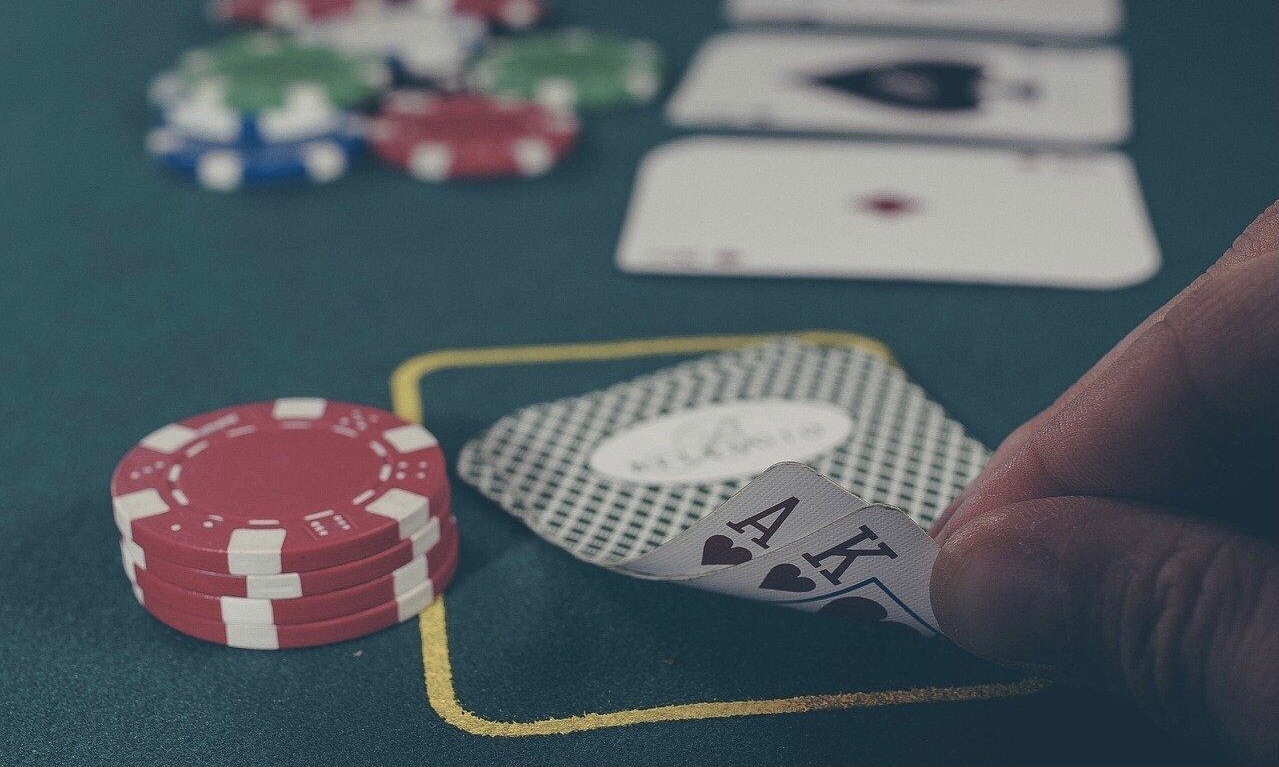Did you know that the first college sporting event was a rowing regatta between Harvard and Yale? It was held in 1852, more than 10 years before collegiate football was ever played, and it would remain a very popular competition for quite some time.
And what about gymnastics, tennis, track and field, and wrestling? Did you know that at times these were also popular college sports that drew crowds and coverage? They may never have reached the popularity of present-day bowl games or March Madness in college basketball, but these were the sports of the past at the collegiate level — which is hard for a lot of us to envision today.
The point I’m getting at here is that sports landscapes change over time. It’s happened at the professional and international levels as well. Boxing was a much bigger deal in the U.S. 40 years ago than it is today; MMA has come out of nowhere to challenge as a major sport; and this summer we’re seeing the addition of skateboarding, surfing, and sport climbing to the Olympics.
As concrete as the present college sports scene appears, things do change. The popularity of some sports will wane over time, and even more interestingly, new competitions will emerge. As a lover of fringe sports like handball and spike ball, this is something I actually think about a lot. And the point I keep coming back to is that poker should be a college sport.
First things first: Yes, I realize poker isn’t a sport. It requires no athleticism and no physical training, nobody sweats (at least due to physical effort), and so on. Poker is a game. But one can make similar arguments against a handful of activities that are now recognized by the Olympics, and at this point competitive video gaming is even being viewed as a sport. So for the purposes of my musings on potential college sports of the future, I’m counting poker in.
The next logical question is why now when spectator poker’s heyday was about 20 years ago. This is a fair question. If anything, poker seems more like boxing then MMA — fading into its own niche rather than excelling toward the mainstream. But sports can ebb and flow, rather than simply rise or fall permanently over time, and poker might just be due for a resurgence. At times in recent years the World Series of Poker has seen boosts in viewership, and that’s without the event having adapted much to modern technology. Waiting around the corner are improved streaming apps and (likely) remote viewing in VR — which would further boost poker spectatorship.
If this happens, I see audiences catching on quickly as well. As complex as poker is to play, it’s actually quite simple to understand and watch. To take in a tournament, you only need to have a basic grasp on the rules and hand rankings to know what players are doing and whose cards are best. That sounds simplistic, but it really tells the whole story, and probably explains why televised poker was able to rise so quickly back in the early 2000s.
So, if we say poker is a sport, acknowledge that it seems to be enjoying positive trajectory, and establish that it’s easy for viewers to pick up and pay attention to, the key remaining question is this: Why would it ever catch on as a competition between colleges? It hasn’t happened for handball, spike ball, or — despite a ludicrous amount of ridiculous coverage — quidditch. What makes poker different?
I’d point to three things.
First, the last time poker was particularly popular in the U.S., it was highlighted as a sport for young males — perhaps a somewhat cringe-inducing description in 2021, but nonetheless one that suggests college students take to the game quickly. It’s not a data-backed certainty, but should poker be on the rise again in the U.S., it’s a pretty safe bet that people will be playing a lot more of it on campuses.
Second, poker is on the rise in the U.S. I’m not merely relying on mildly encouraging WSOP ratings in recent years. Even more significant is a shift in legal restrictions that is slowly taking hold across states. Online poker is being legalized again, and could soon be available in more states than those in which it is not. Poker was hugely popular among amateur players before real-money online play was essentially banned, and it should bounce back forcefully.
Third, the competition would be thrilling. As of this writing, the combination of NCAA athletes’ amateur status and the often-forbidden nature of online poker makes the idea of college students competing in a betting sport seem almost taboo. But with legalization effort spreading and NCAA athletes on the cusp of greater rights and earnings potential, this won’t be the case for very much longer. The notion of competing college poker players will seem far more ordinary and acceptable. And when you think of the concept of televised poker augmented by team play and college allegiance, you can begin to envision a legitimately popular concept.
Will it happen? Who knows? I don’t think it’s impossible. But it’s fun to think outside the box regarding how the sports landscape can evolve now and then, and there’s a path toward college poker competition coming out of nowhere.
Think of player from your school wearing the colors, cheered on by teammates, and winning a huge pot directly from a rival, and you’ll start to see the appeal.




